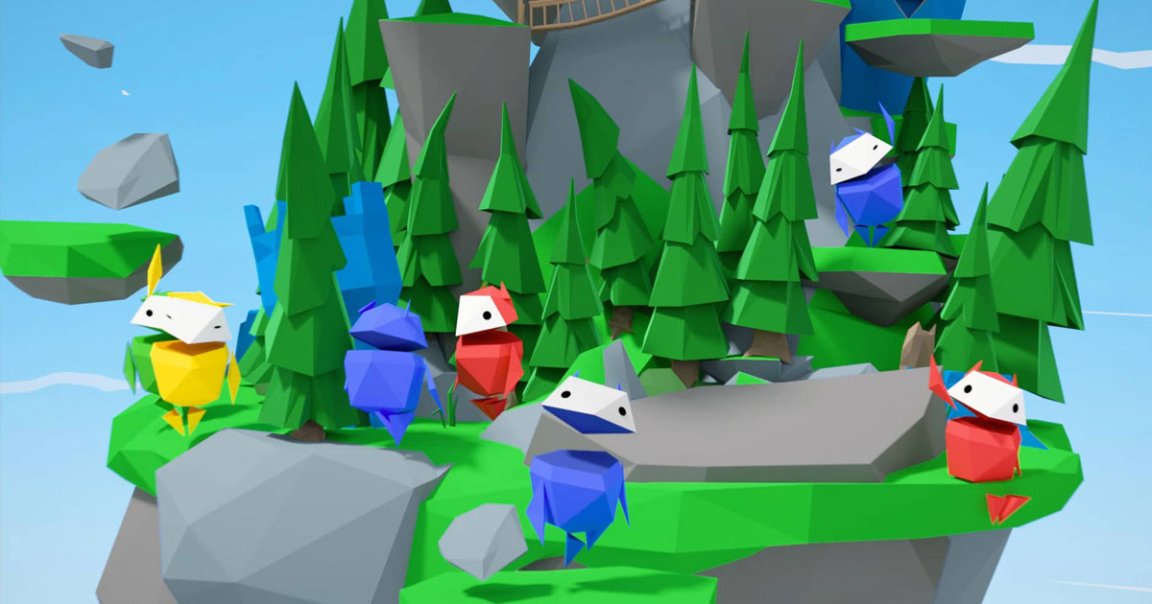
Nose for Fake News
When many of today’s parents were growing up, there was no “fake news” to watch out for online. In fact, for some, there was no online.
But just like Bane was born into and molded by the darkness, today’s kids are being born into and molded by a digital world — and Google wants to make sure they’re ready for it.
To that end, the tech giant launched the Be Internet Awesome program in 2017 to teach kids how to make the most of the internet while staying safe online — and now, that includes learning how to tell if something is “fake news.”
Savvy Surfers
On Monday, Google added six new media literacy activities to the Be Internet Awesome curriculum, which it developed in collaboration with Anne Collier, executive director of The Net Safety Collaborative, and Faith Rogow, co-author of “The Teacher’s Guide to Media Literacy” and a co-founder of the National Association for Media Literacy Education.
In addition to teaching kids how to determine whether or not a source is credible while surfing the net, these activities also train them to identify and respond to a host of other online deceptions, ranging from phishing attempts to bots posing as humans.
“Kids today need a guide to the internet and media just as they need instruction on other topics,” educator Amy Mascott wrote in a Google blog post. “We need help teaching them about credible sources, the power of words and images and more importantly, how to be smart and savvy when seeing different media while browsing the web.”
Generation Gap
The term “fake news” may be relatively new, but people have been purposefully spreading false information disguised as fact for millennia. The internet and artificial intelligence just made these lies far easier to create and spread and much harder to combat.
Now, “fake news” is everywhere, both in terms of actual misinformation and in the use of the phrase as a label for real news one wants to discredit — that means anything labeled “news” on the internet today might actually be fake, and anything labeled “fake news” might actually be news.
Many adults still have trouble grasping that concept, but if Google’s media literacy curriculum can ensure that the adults of tomorrow understand it, there’s a chance the people who would use the internet to spread their lies might eventually find it’s no longer the effective medium it once was.
In other words, the death of fake news might just be the birth of a generation that’s immune to it.
READ MORE: Google’s new media literacy program teaches kids how to spot disinformation and fake news [TechCrunch]
More on bots: This Site Detects Whether Text Was Written by a Bot